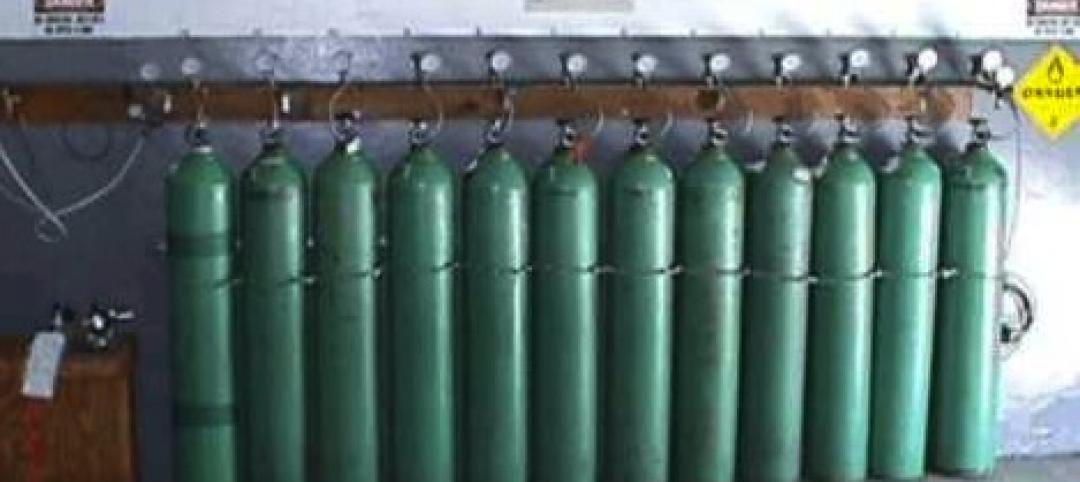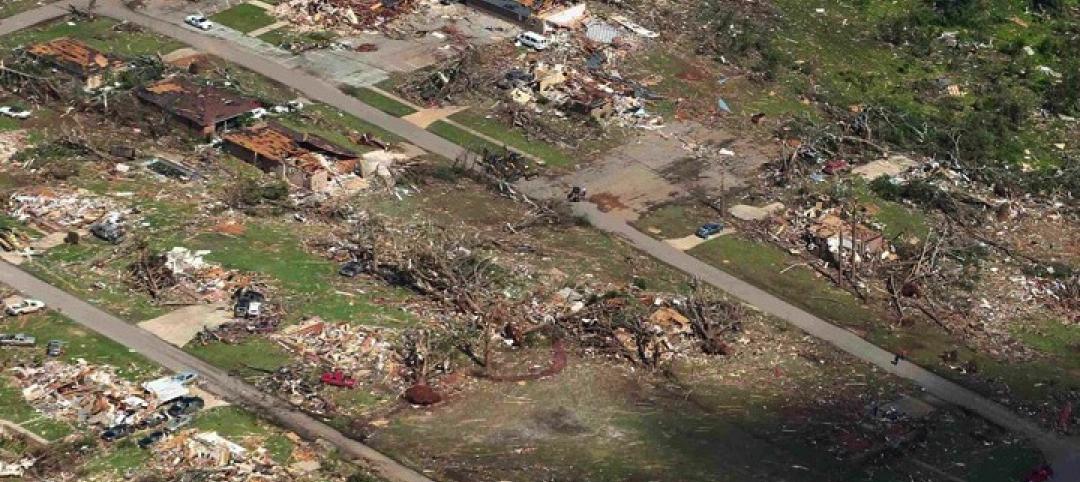Commercial property owners should commit to greenhouse gas (GHG) reduction—a strategy that reaps financial benefits and prevents buildings from becoming stranded assets, according to an energy efficiency consultant writing in GlobeSt.
A systematic drive to reduce emissions across the portfolio will garner savings on energy and water, as well as on levies for exceeding carbon emissions standards enacted by local governments. Decarbonization can avoid “stranded assets … properties that will be exposed to the risk of early economic obsolescence due to climate change because they will not meet future regulatory efficiency standards or market expectations.”
The first step is to set minimum standards for the entire portfolio and efficiency goals for individual properties. Portfolio standards could be performance based (e.g., 10% reduction of all assets by 2030), or prescriptive based (e.g., 100% LED lighting at all assets by 2025).
An energy and water audit, a comprehensive analysis of the property’s energy and water consumption using the ASHRAE Energy Audit Standards, should be conducted at each site. The audit measures energy and water usage, identifies property conditions that may cause excessive use, and provides efficiency measures to improve energy and water efficiency.
Other GHG reduction measures include building automation and controls, retro-commissioning, sourcing green energy from utilities, fully electrifying buildings, and integrating renewable energy systems into the property.
Related Stories
| Sep 11, 2013
Sports stadium accidents suggest code updates may be necessary to prevent falls
Since 2000, at least three individuals have died as a result of falling from the upper decks of stadiums in the United States. In addition, eight non-fatal falls have occurred in stadiums and arenas over that time.
| Sep 11, 2013
White paper examines Joint Commission requirements for NFPA codes in healthcare
The healthcare industry has experienced great attention from The Joint Commission concerning fire and life safety issues.
| Sep 11, 2013
San Francisco expected to drop firefighter air tank refilling station rule for skyscrapers
San Francisco is poised to drop a requirement that skyscrapers have refill stations so firefighters can recharge their air tanks during a blaze. The city has required that new high-rises have the air refill systems for about ten years.
| Sep 5, 2013
State legislatures continue to raise the bar on green school construction
Since the beginning of 2013, the USGBC has followed more than 125 bills across 34 states that seek to advance healthy, high-performing schools.
| Sep 5, 2013
Construction industry groups create coalition to respond to new OSHA silica rule
A group of 11 construction trade associations has created the Construction Industry Safety Coalition in response to the Occupational Safety and Health Administration’s (OSHA) proposed rule on silica for the construction industry.
| Sep 5, 2013
Red tape delays California county jail construction projects
California authorized $1.2 billion for jail construction in 2007, but not a single county in the state has completed a jail project since then.
| Sep 5, 2013
New CM-at-risk and design-build options create controversy in Ohio
Some contractors say Ohio's new system puts small and midsize construction companies at a disadvantage.
| Sep 5, 2013
Outdated codes slowed disaster recovery in Tuscaloosa, Ala.
Outdated building codes and lack of a master plan slowed the initial rebuilding stage after a devastating tornado leveled parts of Tuscaloosa, Ala. in 2011, according to the city’s mayor.
| Aug 28, 2013
Building collapse prompts legislation to beef up demolition regulations in Philadelphia
Philadelphia City Council will introduce legislation next month to strengthen the regulation of building demolition practices.
| Aug 28, 2013
Rules requiring contractors to boost hiring of veterans criticized
Some businesses are pushing back against proposed rules requiring federal contractors to step up their hiring of returning military service personnel.
















